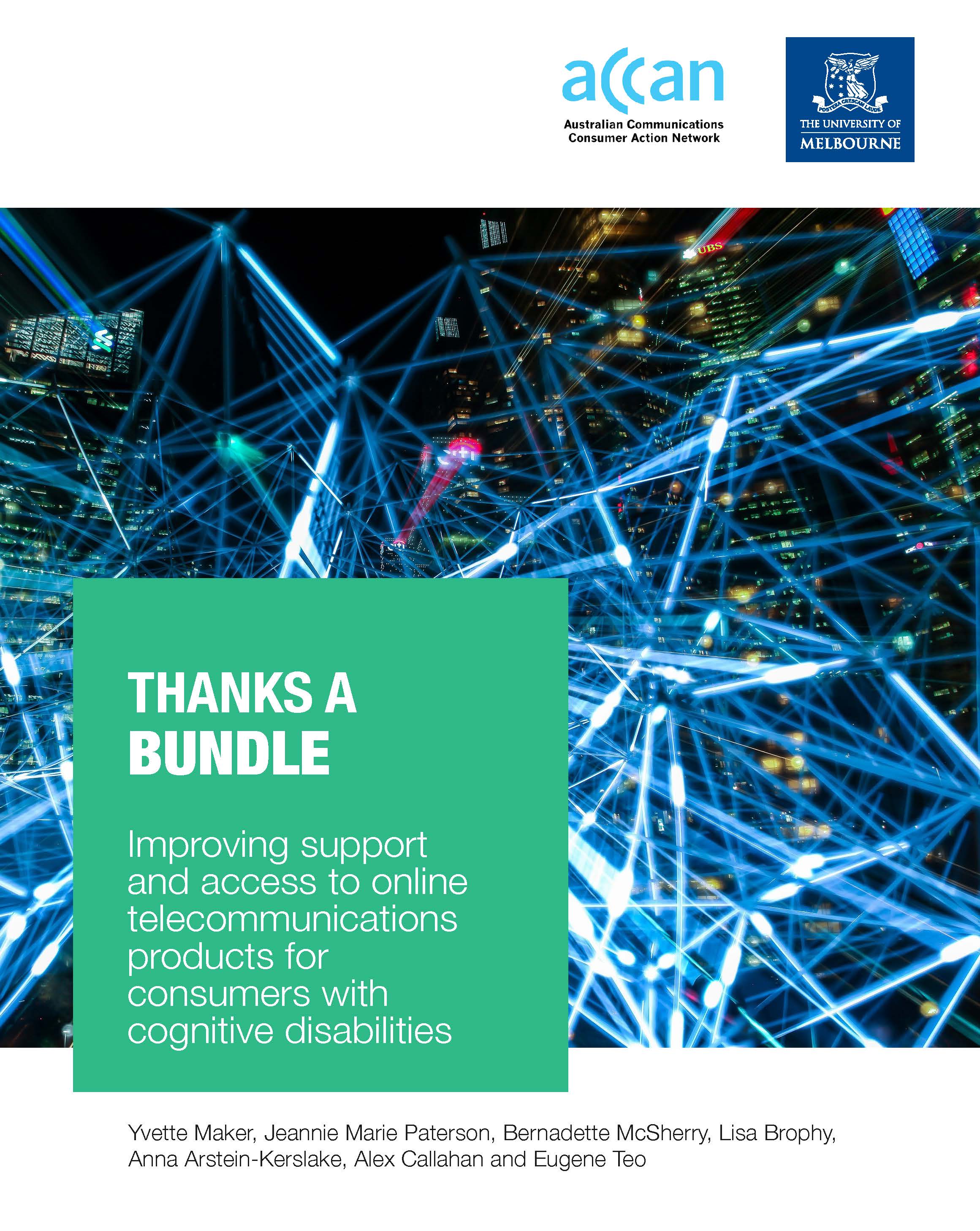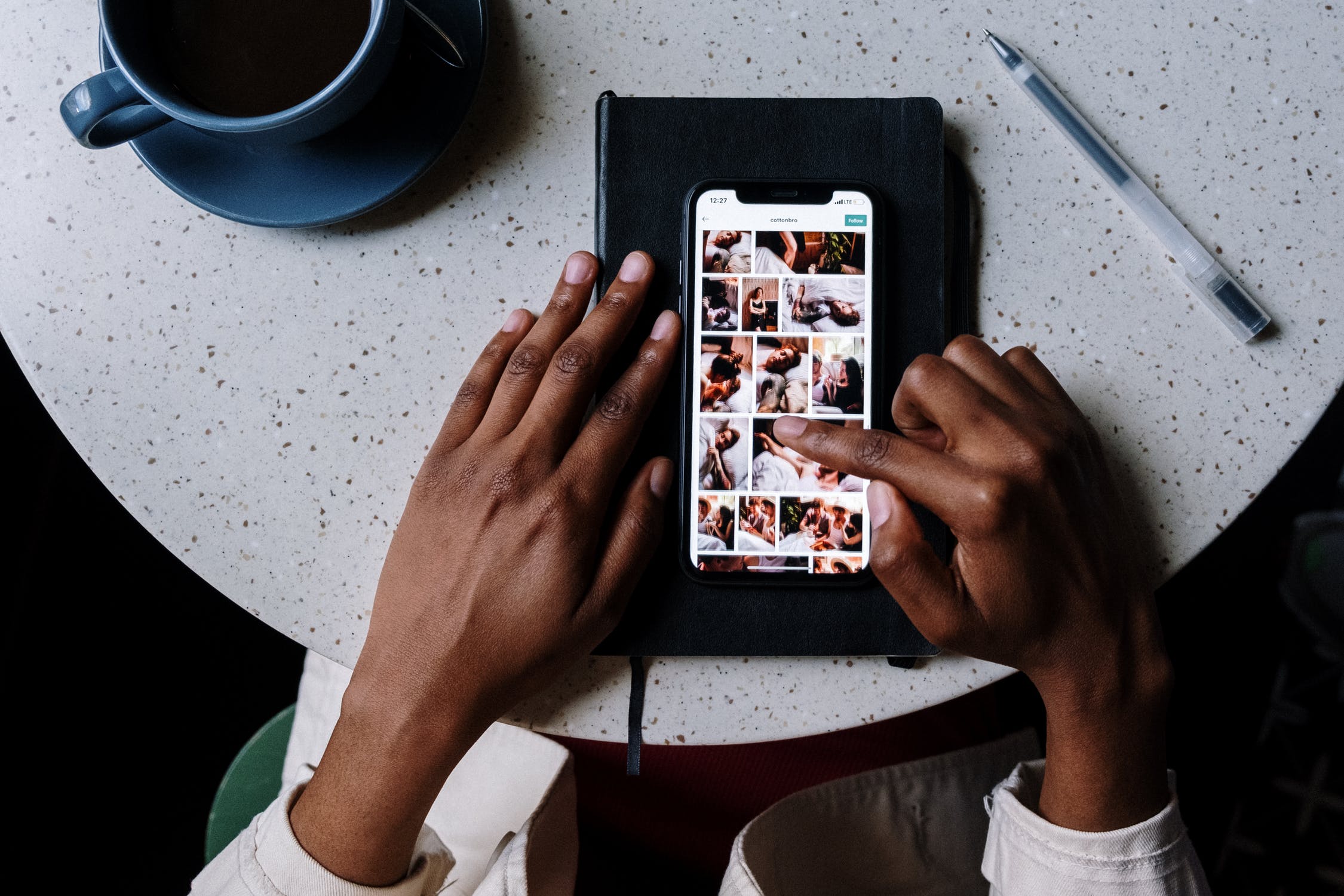Key Dates
2024 round now closed.
> View more information about our Grants Program
We can help. Contact us:
grants@accan.org.au
or phone 02 9288 4000
Subscribe to Grants Program mailings
Download: ![]() Introduction to Social Media62 KB
Introduction to Social Media62 KB
Download: ![]() Introduction to Social Media326.36 KB
Introduction to Social Media326.36 KB
What is social media?
Social networking on social media websites involves the use of the internet to connect users with their friends, family and acquaintances. Social media websites are not necessarily about meeting new people online, although this does happen. Instead, they are primarily about connecting with friends, family and acquaintances you already have. The most well-known social media platforms are Facebook, Twitter, Instagram and LinkedIn. These websites allow you to share photos, videos and information, organise events, chat, and play online games.
Read more: Introduction to Social Media
Write comment (0 Comments)Download: Access All Areas - Autumn 2012 [Adobe Acrobat PDF - 3.08 MB]
Download: Access All Areas - Autumn 2012 [Word 2007 Document - 35.48 KB]
The Universal Service Obligation (USO), which guarantees every premises access to a voice service, is outdated. Ensuring that the obligation is updated and that data and voice services are available to all is a key area of work for ACCAN.
Following our event in February, Rethinking the USO, and the findings of the Regional Telecommunications Review 2015, there was a need for further examination of options for the USO that delivers better for consumers. As such, ACCAN contracted John de Ridder, telecommunication economist, to prepare an Occasional Paper for ACCAN on the future of the USO to feed into our work and provide new perspectives.
Read more: The future of the Universal Service Obligation (USO)
The summary below outlines ACCAN's activities from 1 December 2015 to 29 February 2016.

University of Melbourne, Melbourne Social Equity Institute
Grant round: 2017-18
Amount: $69,428
Read more: Thanks a Bundle: Making telecommunications services more accessible for people with...

The rapid evolution of technology has meant that mobile phones aren’t just used to make calls anymore. The addition of features like cameras, digital wallets and high-resolution screen displays means that we can use our devices for so much more than just calling and texting.
It’s always exciting when we get to see what new features are being incorporated into the latest mobile devices. However, you don’t necessarily need to buy a new mobile phone every time a new product is released.
Read more: Guide to buying a new mobile phone
Write comment (0 Comments)Home broadband services have become increasingly expensive and are out of reach for many households facing cost of living pressures. Furthermore, issues with reliability remain a key frustration for many Australians. The experience of the pandemic has taught us that broadband is an essential service which should be available and reliable to all.
The Australian Communications Consumer Action Network (ACCAN) is urging the Australian Competition & Consumer Commission (ACCC) to reject the NBN’s latest proposal to vary its Special Access Undertaking (SAU) due to concerns with pricing, along with a lack of service quality framework. The SAU is a key part of NBN’s regulatory framework that governs the prices NBN is allowed to charge for the services it supplies to phone and internet retailers.
Read more: NBN seeks price rise as low income households struggle
![]()
Disclaimer:
This list is to be used for guidance only, and inclusion on it is not an endorsement or recommendation. This website is not intended to be a substitute for independent advice.
This list is intended to be a work in progress and ACCAN encourages feedback from the broader community on recommended improvements to the site and its contents. If you find some of this information incomplete or out of date please contact us at This email address is being protected from spambots. You need JavaScript enabled to view it..
ACCAN recently submitted to the Department of Social Services (the Department) on the National Housing and Homelessness Plan (the Plan). ACCAN recommended that the Plan consider digital inclusion to facilitate the active and equal participation of people experiencing housing precarity and suggested the Department:
An ACCAN Position Statement on the National Broadband Network's installation process.
ACCAN is calling on the government to make National Broadband Network (NBN) fibre-optic cable installations automatic unless individual property owners choose to opt out.
 Download:
Download: ![]() Poor mobile reception: what can you do?58 KB
Poor mobile reception: what can you do?58 KB
Download: ![]() Poor mobile reception: what can you do?413.37 KB
Poor mobile reception: what can you do?413.37 KB
From time to time most of us will have a call drop out, delayed texts or slow internet on our mobile phone. But, if you regularly have mobile reception problems, then you are not getting the service you are paying for.
Read more: Poor mobile reception: what can you do?
Write comment (28 Comments)Download: Regional, Rural, Remote - Summer 2012 [Adobe Acrobat PDF - 3.73 MB]
Download: Regional, Rural, Remote - Summer 2012 [Word 2007 Document - 45.1 KB]
This research report examined the implications of digital technology, particularly mobile apps, for the management of cultural knowledge. A group of young Aboriginal Australians participated in this project which mapped how they used apps to explore cultural knowledge.
The report is available through the ACCAN Grants Scheme webpage.
The summary below outlines ACCAN’s activities from 1 September to 30 November 2015.

Grant Round: 2019
Amount: $50,000
Read more: Telecommunications Debt in Rural and Remote Indigenous Central Australian Communities
ACCAN is seeking nominations for Directors to fill three (3) vacancies on its Board.
In accordance with the ACCAN Constitution, the 2021-2022 ACCAN Board will consist of nine (9) members1. Six (6) positions are continuing Directors from the 2020-2021 Board. Three (3) Directors are retiring from the Board but may be eligible for re-election as stated in the ACCAN Constitution.
In accordance with the ACCAN Constitution Board members are elected for a three year term.
In order to ensure an appropriate balance, the Board is particularly seeking candidates with legal and regulatory expertise; and/or experience in financial management and governance in a not for profit organisation; and/or from an Indigenous background or with strong linkages to Indigenous communities.
Read more: Call for nominations for the ACCAN Board
Write comment (0 Comments)The affordability and availability of broadband services in Australia has remained a significant problem for many vulnerable communities and people on low incomes. Despite an increase in remote learning, telehealth services and work from home arrangements in the last two years there are still approximately 900,000 Australian households who do not have an in-home internet connection1.
Launching its latest policy position “The Future of Broadband,” the Australian Communications Consumer Action Network (ACCAN) is warning that enduring provisions to safeguard the interests of Australians are needed to protect consumers. Since the National Broadband Network was declared ‘built’ by the Federal Government in 2020, Australians have endured lockdowns, natural disasters and more recently, significant increases to the cost of living.
Read more: Around 900,000 Australian households still don’t have in-home internet
![]()
Disclaimer:
This list is to be used for guidance only, and inclusion on it is not an endorsement or recommendation. This website is not intended to be a substitute for independent advice.
This list is intended to be a work in progress and ACCAN encourages feedback from the broader community on recommended improvements to the site and its contents. If you find some of this information incomplete or out of date please contact us at This email address is being protected from spambots. You need JavaScript enabled to view it..
ACCAN recently submitted to the Department of Infrastructure, Transport, Regional Development, Communications and the Arts (the Department) consultation on possible amendments to the Telecommunications in New Developments Policy – Mobile Connectivity and Other Measures. ACCAN supports the proposed changes, and we further recommend the Department:
Download: Our Broadband Future - Spring 2011 [Adobe Acrobat PDF - 4.05 MB]
Download: Our Broadband Future - Spring 2011 [Word Document - 75.5 KB]
An interdisciplinary team of researchers at the University of Melbourne investigated the fate of online accounts, financial assets and personal profiles when a user passes away. The team investigated licencing policies, terms of use agreements and copyright law, and interviewed a range of people, including funeral directors, religious workers, internet content and service providers, as well as estate planning lawyers. This work has been updated in 2017 and is now in a second edition.
The report, as well as further information, can be accessed via the ACCAN Grants Scheme webpage.
The summary below outlines ACCAN's activities from 1 June to 31 August 2015.







